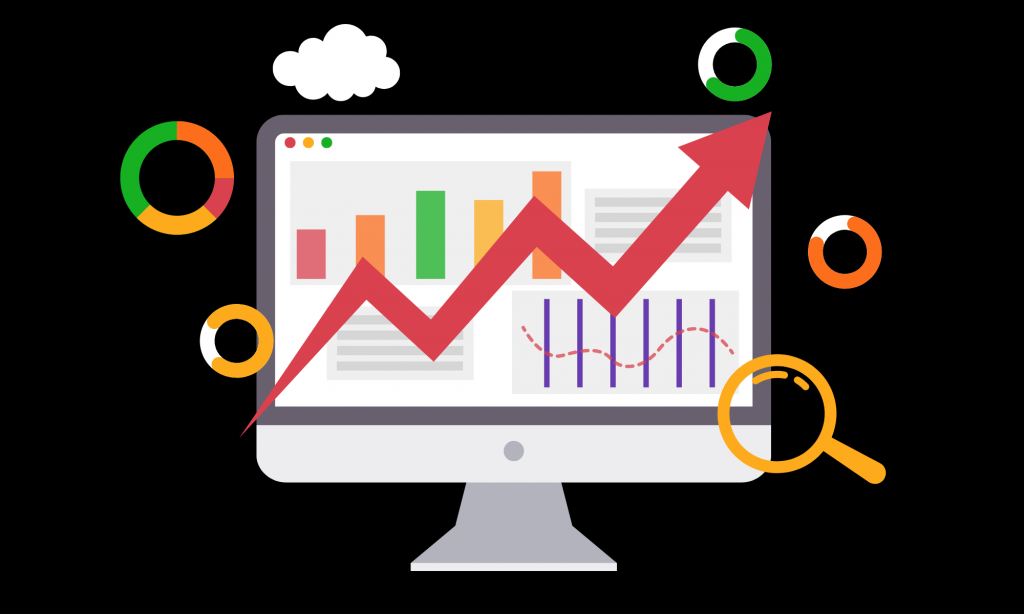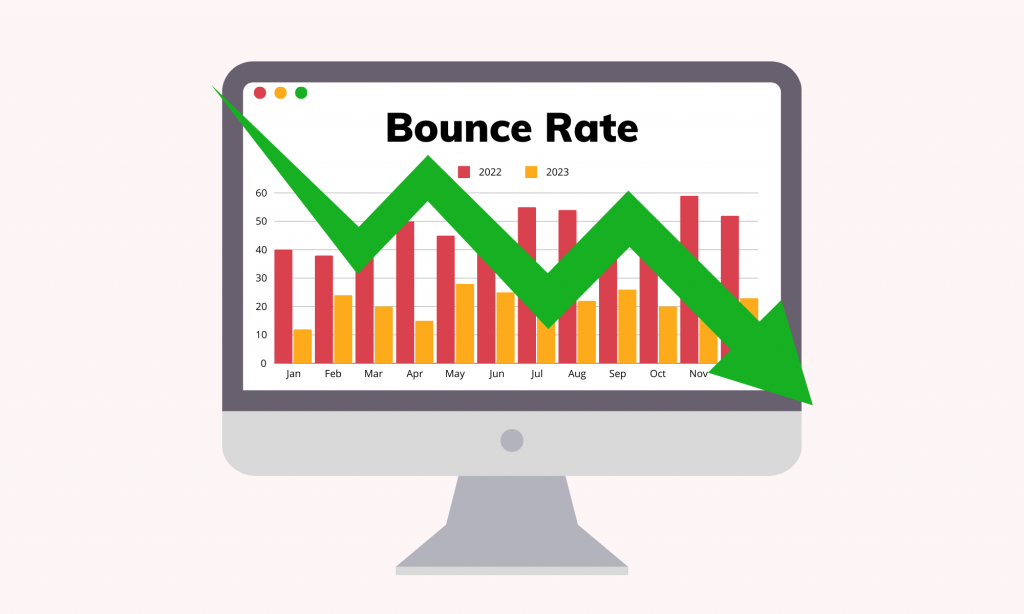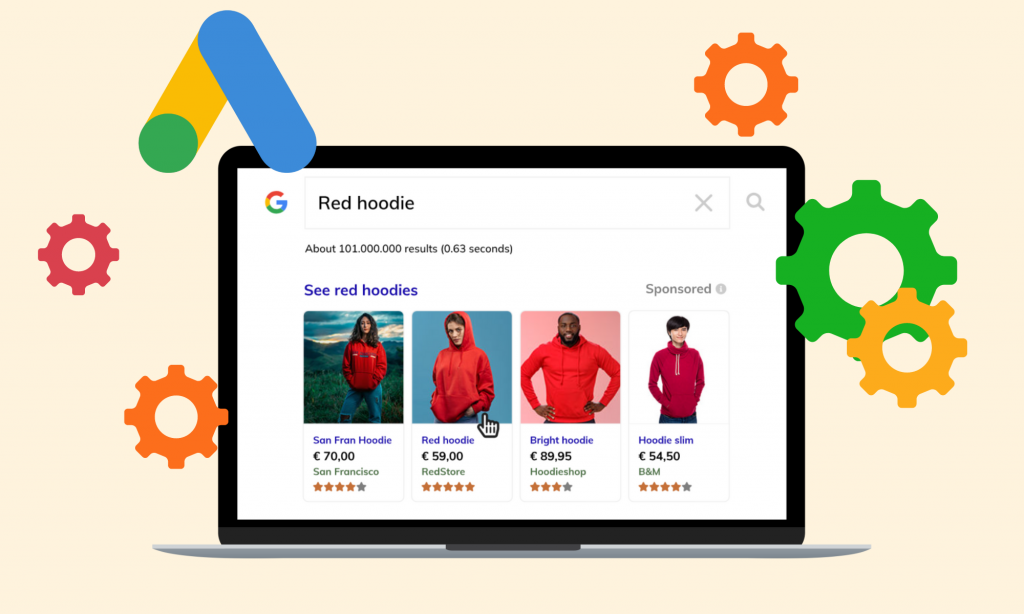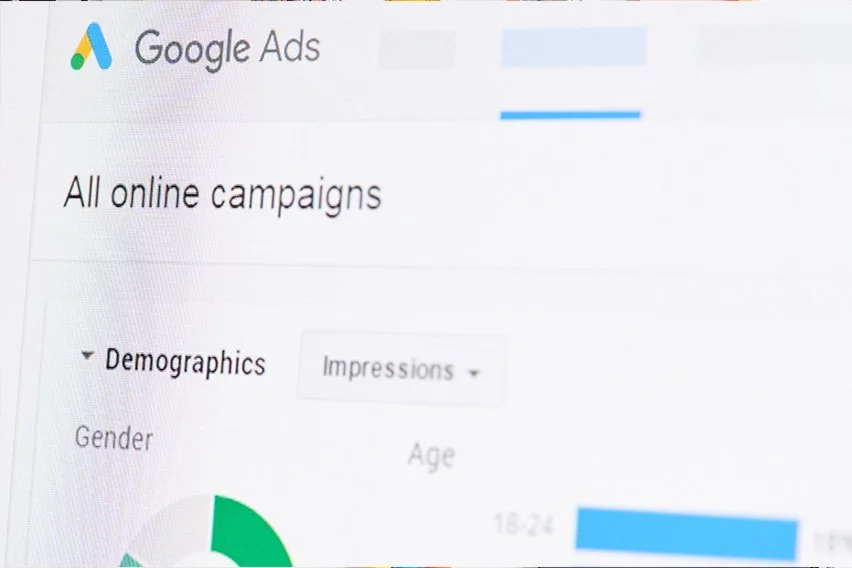
Personalization vs. privacy? You can have both. Discover how e-commerce brands boost conversions with privacy-first personalization strategies.
Trends tips and strategies specific to ecommerce.
Personalization vs. privacy? You can have both. Discover how e-commerce brands boost conversions with privacy-first personalization strategies.
Discover how dynamic internal linking helps classified websites prevent SEO orphan pages.
Join Verbolia at Shoptalk Europe 2025 in Barcelona from June 2-4. Apply for free tickets and up to €650 in travel and accommodation support!
Discover the benefits of static vs dynamic internal linking and how combining both can boost SEO, improve navigation, and scale your e-commerce strategy.
Learn how indexing filters and searchdexing can help you scale long-tail SEO traffic and boost performance for your e-commerce website.
Discover the must-have page types for dominating long-tail SEO, including inspirational, informational and drive-to-store pages.
Join Verbolia at the Retail Technology Show 2025 in London on April 2-3! Get your free ticket now and meet us at stand Q80!
What are the top 2024 e-commerce sites in France? See industry leaders and market trends across key sectors.
Join Verbolia at Shoptalk Spring 2025 in Las Vegas from March 25-27. Get a 33% discount on tickets with our promo code!
Verbolia will be attending Tech for Retail 2024 in Paris on 26-27 November. Don’t miss this opportunity to meet!
At DMEXCO 2024, Verbolia delved into the challenge of Google Shopping campaigns and introduced our newest solution: Vmax. Missed the event? Here’s a wrap-up of the key insights shared during the session.
Explore the top 10 product recommendation tools for eCommerce! From Verbolia’s AI-driven layout testing to Involve.me’s personalized quizzes, find out how these engines can boost your online store’s performance.
Personalized content boosts engagement. Here are 10 effective strategies to reduce bounce rates and increase conversions on your eCommerce site.
Discover 9 expert-recommended eCommerce CRO tools to boost sales in 2024. Learn how these tools, including Verbolia, automate optimization and improve ROAS with A/B testing.
The best A/B testing tools to increase the conversion rate of your product page (1 tool is fully AI-powered!).
Discover the essential Google Ads tool stack for 2024. Find top tools for optimization, automation, and analytics to boost your Google Ads and Shopping campaigns. Streamline operations and enhance performance efficiently.
Explore the reasons behind low Google Shopping conversion rates. We share with you examples of how Verbolia helps increase ROAS on Shopping campaigns.
Explore the reasons behind low Google Shopping conversion rates. We share with you examples of how Verbolia helps increase ROAS on Shopping campaigns.
Strategically placing keywords in your page titles and URLs isn’t just basic SEO—it’s a game changer. Even subtle shifts can propel you ahead of your competition. Discover how.
Learn how to structure long-tail keywords for an e-commerce site! Find out how to organize and incorporate long-tail keywords into your website for improved search engine rankings.
Most e-commerce businesses rely on SEO for establishing their online presence, attracting potential customers, and finally driving revenue. Discover the complexities and teamwork involved in this vital strategy.
Empty category pages are a hidden problem for many online shops. Redirects are a precious tool that preserve the value of your pages in terms of both traffic and backlinks. Discover when and how implementing redirects.
Every ecommerce website often experiences category pages with limited products resulting in lower conversion. The good news is fallback search is the perfect solution to reduce frustration and improve conversion.
Unlocking the power of search engine optimization (SEO) is a game-changer for any ecommerce business. Among the myriad of SEO strategies, one stands out as essential: keyword research. But how do you navigate this seemingly complex process?
Creating content is one of the most important components of building an ecommerce website. It’s through content that customers and prospects get to know who you are, see the available products and their descriptions, locate payment instructions, read blog posts, and more.
How many web pages should an e-commerce site have? This is not a one-size-fits-all scenario. Our blog post examines this question, focusing on customer journey value and helping you optimize your e-commerce site structure.
Some weeks ago, Google announced the launch of its latest helpful content update, which is expected to initially impact…
The recent Google update is poised to greatly influence the SEO landscape, especially in terms of featured snippets and revealing something special in recent SEO traffic patterns…
Seventy percent of people prefer to find out about your ecommerce store through an article rather than a traditional ad. This is why an effective content marketing strategy is critical. It allows you to build trust and traffic in a compounding way, which pays dividends over time. So in this article, we’ll cover five content marketing tips that’ll level up your online store.
Discover how content marketing can improve your ecommerce website’s SEO performance. Explore the integral role of keyword research and tools to leverage for success.
Explore our article where we address the SEO pain points and unique challenges of optimizing e-commerce websites. Learn potent strategies to navigate these hurdles and elevate your online business.
Unlike SEO, where leads are effectively “free” after a long enough time, every paid search lead costs you money. So you have to make sure your landing pages for paid search are converting as highly as possible—otherwise, you’ll just be burning through your cash.
Discover the essentials of a winning ecommerce landing page in this informative blog. Learn how to create a high-converting page that drives sales and engages visitors. Get valuable tips for optimizing your ecommerce landing page and maximizing its effectiveness.
Remember that there’s no one-size-fits-all solution in eCommerce CRO. Your strategies must be rooted in measurable data to achieve reliable results from your CRO efforts
There are 12 to 24 million eCommerce websites in the world. So how can your brand stand out? Invest in cutting-edge eCommerce SEO. Follow these 5 tips for 2022 to boost your brand’s visibility and stay ahead of the competition.
94% of all content gets zero backlinks. This is good news for your ecommerce website because if you can generate at least a few backlinks to each piece of content on your website, you’ll be head and shoulders above most online stores in your niche. Unfortunately, 41% of SEO experts say that building backlinks is the most challenging part of the job. So to make your life a little easier, here are four SEO link building tips for your ecommerce website.
Did you know that about 53% of all website traffic is organic? With so much organic traffic, it’s helpful to know what kinds of financial results your SEO efforts (or lack thereof) are driving.
With the ever-increasing competition for top spots in SERPs, it’s becoming increasingly challenging for ecommerce sites to find new traffic opportunities. That’s where Verbolia comes in…
Search Engine Optimization (SEO) is a fundamental process to ensure your eCommerce site rises to the top of the search engine rankings, resulting in a steady influx of highly qualified, purchase-ready consumers.
However, SEO isn’t a “one-and-done” approach. Indeed, your eCommerce platform may receive initial SEO optimization at its launch, but without consistent attention to SEO, your site will likely fall behind in the competitive landscape.
There are plenty of ways to drive traffic to your store—but ranking high in the search engines is among the most powerful. A high ranking brings you buyer-ready traffic and instantly confers customer trust upon you, leading to huge revenue opportunities. But how do you know if your eCommerce website is optimized for the search engine bots? Let’s explore how to find out (and further optimize) in this post.





































